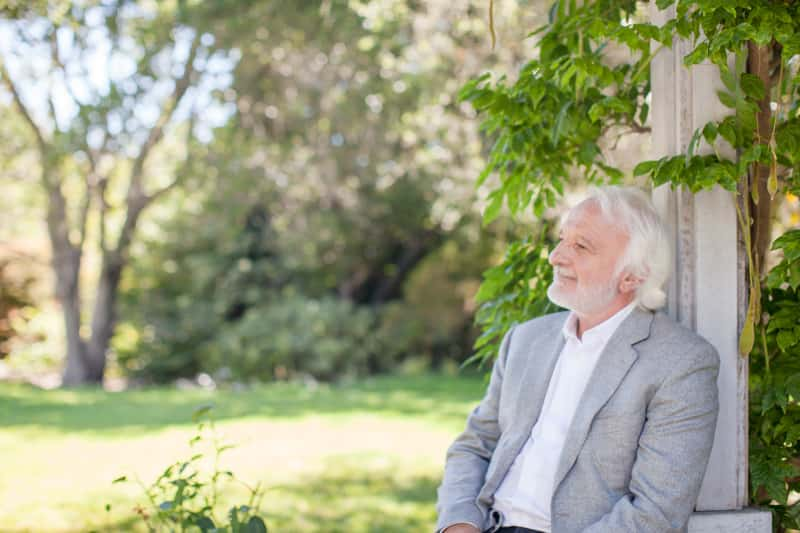The Art of Aging Well
We provide customized hourly and around-the-clock care to older adults so they can live happier, healthier lives at home.
Download by: Maria Licoudis, R.N. & Care Manager
by: Maria Licoudis, R.N. & Care Manager
“Why does my mother wash her hands three times because she feels it is a good luck number?” David asks. “Why does my dad ball up Kleenex and put them all over the house? I find them under the covers, on the chairs, and even in the fridge!” Randy asks.

We all experience anxiety. To some degree, it is normal and can even be constructive, but it can also become disruptive and disabling. Anxiety and OCD (Obsessive Compulsive Disorder) can come with persistent rituals or obsessive thoughts that start to control daily life. Seniors tend to experience more worrisome anxiety for many reasons. They often deal with multiple illnesses, have pain and chronic conditions, suffer losses of loved ones, have Alzheimer’s and/or Dementia, and manage poly pharmacy (multiple medications). Seniors can also have trouble expressing or addressing their troublesome issues or anxieties.
In OCD, the obsessions and rituals start to control people and their daily routines. For example, some may develop a ritual of washing their hands over and over again, or others may check that they have turned off the stove several times before being able to go to bed. Some may even lock, relock and constantly check their doors because they fear the outside world. Many are preoccupied with symmetry and order of furniture and household items. They may become hoarders and have trouble throwing anything out, even expired foods. When OCD becomes severe, it can prevent one from being able to carry on responsibilities and ADLs (activities of daily living), and the normal routine of life. The inability to control these rituals and compulsions causes decreased independence, satisfaction and quality of life and increases loneliness and depression.
According to helpguide.org, OCD behaviours can fall into five common categories:
OCD can be treated with therapy, antidepressants (or other medications) and family therapists. The goal is to try and break the pattern of the anxious thoughts that produce this anxiety and that can only be relieved by the ritual.
As caregivers, we can start by trying to help the elderly to maintain and retain a sense of self- worth, and control over their loss of independence. When their “ritual” strikes, don’t try to get them to stop, but rather ask them calmly why they are doing it. Often they may have a reason. For example, the person who balls up tissue and leaves it everywhere may have been embarrassed that they were drooling and didn’t have a tissue. In their mind, keeping the tissue available everywhere will prevent that embarrassment. It is important for to reassure the person and to gather some information about their anxiety, so as to slowly redirect and divert some of their rituals. Several things may help to reduce their stress and anxiety:
Cognitive therapy may also assists in creating constructive ways to create a calm and supportive environment. It is important to never criticize, disapprove of or scold the person for their behaviours. By reacting with patience, kindness, caring and love, we can contribute to creating a more balanced and less stressful environment. Remember the problem is the OCD and the rituals, never the person.
Note: This article is for informative purposes only. Always check with a medical professional.